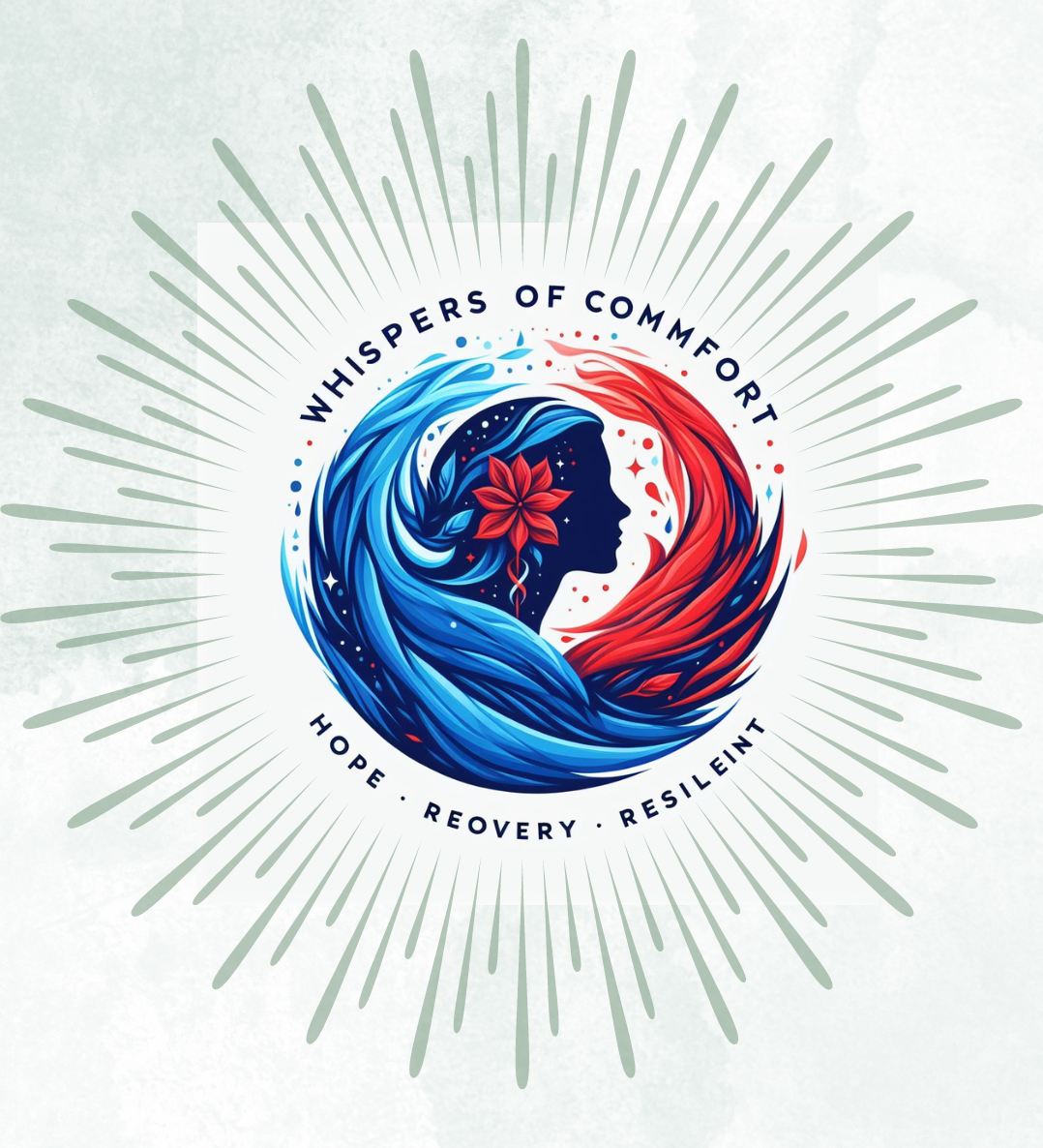
This article tries to examine the differences and the interconnectivity between grief and depression.
If you’ve ever lost someone or something dear to you, you know the crushing weight of grief. That pain is a natural reaction to loss. Grief encompasses a range of emotions, from deep sadness to anger, and can affect both your mental and physical health. It isn’t a linear process; it waxes and wanes, and each individual experiences it uniquely. Typically, grief will include feelings like sorrow, numbness, guilt, or even relief, and these feelings can disrupt sleep, appetite, and concentration but usually ease with time.
Depression, on the other hand, is more than a fleeting sadness. It’s a mental health condition characterized by persistent feelings of extreme sadness, hopelessness, and a lack of interest or pleasure in almost all activities. Depression affects how you think, feel, and handle daily activities, such as sleeping, eating, or working, for at least two weeks or more.
So, how do they differ?
While both can have similar symptoms, like deep sadness and withdrawal from usual activities, grief is often tied to a specific loss and generally decreases in intensity over days or weeks. Depression lingers, coloring all aspects of life with a persistent sense of despair.
Understanding the nuances between grief and depression is crucial. Not only does it influence how we support those who are suffering, but it also shapes the way professionals approach treatment. Recognizing grief as a natural and expectable response to loss helps to avoid the pathologization of normal human emotions, while identifying depression leads to necessary and potentially life-saving interventions.
Grief isn’t just an emotional response; it’s a complex experience that can significantly affect your mental health. The stages of grief—denial, anger, bargaining, depression, and acceptance—were once thought to be linear, but now we know they’re not so cut and dry. You can move between these stages in no set order, and not everyone will experience all of them. Nonetheless, each stage packs its own psychological punch.
When grief persists, its weight can pull you toward complicated grief—a state where the intensity of grief doesn’t ease with time, leaving you stuck and potentially leading to depression. Add to it the factors that make one more susceptible to long-term issues, such as past mental health problems, the nature of the loss, and a lack of social support, and you have a recipe for prolonged mental health challenges.
Support systems play a critical role in shaping the grief journey. Friends, family, and community connections can provide essential emotional scaffolding to help you carry the load. Professional help from psychologists or counselors might become crucial for some, offering strategies to navigate grief without slipping into depression. Ignoring grief, or a lack of adequate support, often leads to its echoes resonating far longer and more deeply than might be apparent at first glance.
When Grief Becomes Overwhelming: Recognizing the Signs of Depression

I, Makinde, am going to show you how to tell when normal grief is morphing into something more concerning, like depression. You see, grief can pack a punch, but it typically lessens over time, allowing you to find a new normal. Yet, sometimes, the sadness doesn’t lift and can start to look like depression.
You’re going to find out about the red flags that should catch your attention. If grief persists with intense sadness and you can’t seem to shake that feeling of emptiness, or if you’re not finding pleasure in anything you used to enjoy, it might be time to consider that you’re dealing with depression.
Don’t worry too much about the occasional bad days, as they’re part of the grief process. However, if you’re feeling helpless or hopeless or have thoughts of not wanting to live, seek help immediately. That’s a sign that you’re likely confronting a more severe issue.
Your first attempt doesn’t need to be perfect, but I’m here to help you take that first step in managing grief effectively. The strategy I like to leverage involves acknowledging your feelings, finding supportive friends or community, and giving yourself time. But if your emotions are overpowering after a significant period has passed, it’s crucial to reach out to a mental health professional.
The importance of early intervention cannot be overstated. Just don’t focus too much on perfection in your healing journey. Be open to therapy, as it can provide the tools you need to navigate through the rough waters of bereavement and keep depression at bay.
The Path to Healing: Strategies for Managing Grief and Preventing Depression
I’m going to talk about how you can walk the path towards healing if you’re dealing with grief and simultaneously keep an eye on preventing depression. Don’t worry too much about sticking to a rigid plan; the key is to choose something that resonates with you and caters to your unique journey through loss.
Healthy coping mechanisms can be a lighthouse in the stormy sea of grief. This might include expressing your emotions through writing or art, seeking solace in nature, or finding comfort in spirituality or religion. Remember, your first attempt at coping doesn’t need to be your last—adjust your approach as you go along.
Therapeutic approaches, such as counselling or support groups, provide a space for you to voice your grief and learn from others who are on similar paths. These treatments are not one-size-fits-all, but they can be tailored to help you find your footing again.
And guess what? Your community, cultural practices, and personal beliefs can play a remarkably comforting role in your healing process. Whether it’s community gatherings, remembrance ceremonies, or other cultural rituals, they can provide a sense of unity and understanding that is truly therapeutic.
Lastly, I’m here to remind you that help is always available. From hotlines to therapy, online forums to in-person support groups, there’s a lot of opportunity to reach out for support. And if you’re concerned about depression, professional help can be invaluable in managing your grief healthily. Choose to take that brave step towards healing—it is a sign of strength, not weakness.
We hope this article has been of great help to you.
What is your take on this article?
Kindly share your experience, recovery journey, and general thoughts on this particular burning issue in the comment section below.
Are You a wealthy Affiliate yet? Affiliate Marketing Success.
Simplified. Turn YOUR Passion, Hobby or Interest into YOUR Success Story! Join Wealthy Affiliate today: https://www.
**Here’s a little transparency: Our website contains affiliate links. We may receive a small commission if you click and make a purchase. Don’t worry, as there’s no extra cost to you. It’s a simple way to support our mission of bringing you quality content.
Follow me on social media!

I appreciate you taking the time to help differentiate the experience of grief vs. depression. This is something we all could benefit from knowing a little more about so we can watch out for the signs of depression settling in.
Since feelings of grief are intense, is there something we can do in those times to help keep grief from turning into depression? It seems like a very easy place to get stuck.
Dear Jessica,
I’m glad you found the article helpful in understanding the nuances between grief and depression. It’s indeed crucial for everyone to recognize these differences, especially to prevent the transition from grief into depression.
When experiencing intense feelings of grief, it’s important to engage in self-care practices that promote emotional well-being. Here are some strategies that may help prevent grief from evolving into depression:
Seek Support: Surround yourself with a supportive network of friends, family, or a therapist who can offer empathy and understanding during this difficult time. Talking about your feelings can alleviate some of the emotional burden.Allow Yourself to Grieve: Suppressing emotions can prolong the grieving process. Allow yourself to feel and express your emotions without judgment. Writing in a journal, creating art, or engaging in activities that provide emotional release can be beneficial.Maintain Routine: While it may be challenging, try to maintain a sense of routine in your daily life. Establishing regular sleeping patterns, eating nutritious meals, and engaging in light exercise can help regulate emotions and provide a sense of stability.Practice Mindfulness and Relaxation Techniques: Incorporate mindfulness meditation, deep breathing exercises, or progressive muscle relaxation into your daily routine to reduce stress and promote emotional resilience.Set Realistic Expectations: Understand that grieving is a natural process that takes time. Be patient with yourself and set realistic expectations for your recovery. Avoid putting pressure on yourself to “get over” your grief within a certain timeframe.Engage in Meaningful Activities: Stay connected to activities or hobbies that bring you joy and meaning. Engaging in enjoyable activities can provide temporary relief from grief and enhance your overall well-being.Monitor Your Mental Health: Pay attention to changes in your mood, behavior, or physical health that may indicate the onset of depression. If you notice persistent symptoms of depression, such as feelings of hopelessness, loss of interest in activities, or changes in appetite or sleep patterns, seek professional help promptly.
By implementing these strategies, you can support yourself through the grieving process and reduce the risk of depression. Remember that healing takes time, and it’s okay to seek support when needed.
Thanks.
Take care,
Makinde
Grief and depression are emotions we all experience. I, like, other people have dealt with family members or friends passing away. I have noticed each time this happens, I grieve differently. Sometimes the time grieving period is short due to various reasons. The affinity to a person seems to determine the length.
Sharing my feelings, listening to music, and spending time with loved ones has helped me return to normal life. I have embraced therapy as a way to overcome grief and depression if prolonged.
Hi Godwin,
Your contribution and input to this article are highly appreciated.
Just to validate your observation, we all, one time or another, have found ourselves wearing the shoes of pain.
Life can sometimes be unpredictable. Nevertheless, we have to forge on and know that there is always light at the end of the tunnel. Our affinity to the source of pain, coping strategies, as discussed in the article, and willingness to let go would go a long way in re-shaping and re-focusing our minds on managing the situation.
I thank you once again for your contribution to the article. I also apologise for reacting so late to your contribution.
All the best, Godwin.
Makinde.
Thanks for sharing. I read many of your blog posts, cool, your blog is very good.
Thank you.
Thank you for your sharing. I am worried that I lack creative ideas. It is your article that makes me full of hope. Thank you. But, I have a question, can you help me? https://accounts.binance.com/register?ref=P9L9FQKY
Thank you.